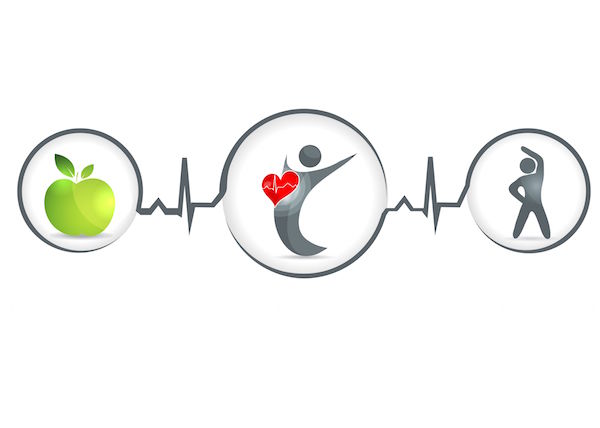
MONDAY, Feb. 2, 2015 (HealthDay News) — Potentially harmful intravenous (IV) fluids are being given to too many patients with severe heart failure, a new study suggests.
As researchers from Yale University explained, heart failure patients in the hospital typically receive drugs called diuretics to prevent excess fluid buildup and to improve their symptoms.
However, many will also receive IV fluids early in a hospital stay. This influx of IV fluids to heart failure patients may actually worsen their condition, the investigator said.
In the study, a team led by Dr. Behnood Bikdeli, a research scholar at Yale University’s Center for Outcomes Research and Evaluation, looked at data from more than 130,000 hospitalizations of severe heart failure patients.
All of the patients received IV fluids during their first two days in hospital, and more than 11 percent were treated with IV fluids in addition to diuretics.
That’s “a big number,” Bikdeli said in a university news release.
Compared to those who received diuretics alone, patients who received diuretics and IV fluids were more likely to have serious problems such as a need for feeding tubes, dialysis, and admission to a critical care unit, the study found. They were also more likely to die.
While it’s not known if IV fluids actually caused these problems, the findings point to the need for further investigation, the researchers said.
“Our findings are surprising and provocative,” Bikdeli said. “We need to better understand who these patients are, why they received intravenous fluids, and whether use of intravenous fluids was the cause of their worse outcomes. In the interim, it would be helpful for hospital administrators to promote policies that help reduce inadvertent use of intravenous fluids for patients with heart failure.”
Two experts said the results were unexpected and deserved further research.
“This is a surprising and concerning finding,” said Dr. Robert Pilchik, chief of the division of cardiology at Northern Westchester Hospital in Mount Kisco, N.Y.
“Patients in acute heart failure are fluid-overloaded, and the whole point is to assist the body in eliminating that excess fluid,” he said. “Why would you give the patient more fluid? It defeats the purpose.”
Pilchik noted that the study did not include “those patients whose blood pressure and heart rate were stable, thus eliminating the small percentage of acute heart failure patients who might actually benefit from the administration of small amounts of additional fluid, albeit given cautiously and slowly.”
Dr. Justine Lachman is director of the Congestive Heart Failure program at Winthrop-University Hospital in Mineola, N.Y. She called the findings “important.”
“When hospital staff members observe common conditions associated with heart failure — such as low blood pressure or worsening kidney function — one of the most common reactions medical staff have is to administer intravenous fluids,” Lachman explained.
“Regretfully, it seems like trying to apply standard therapy that would benefit the average patient is detrimental to a heart failure patient,” she said.
The study was published Feb. 2 in the Journal of the American College of Cardiology: Heart Failure.
According to the U.S. Centers for Disease Control and Prevention, about 5 million Americans have heart failure.
More information
The American Academy of Family Physicians has more about heart failure.
Copyright © 2026 HealthDay. All rights reserved.

